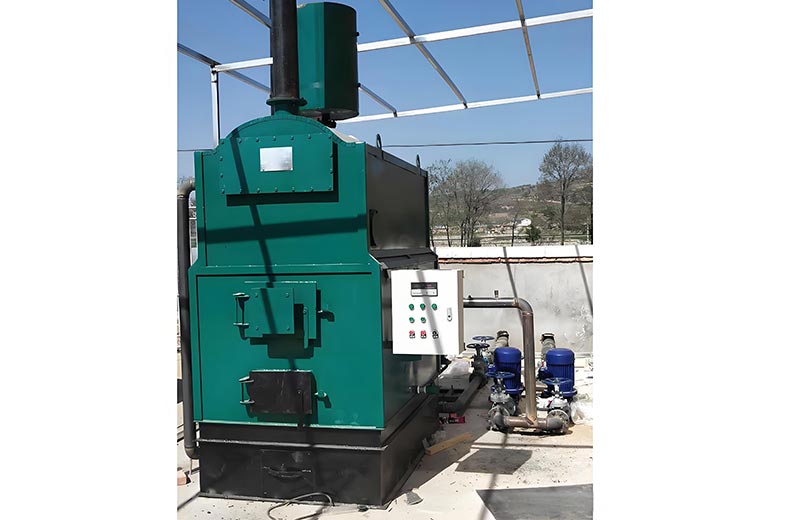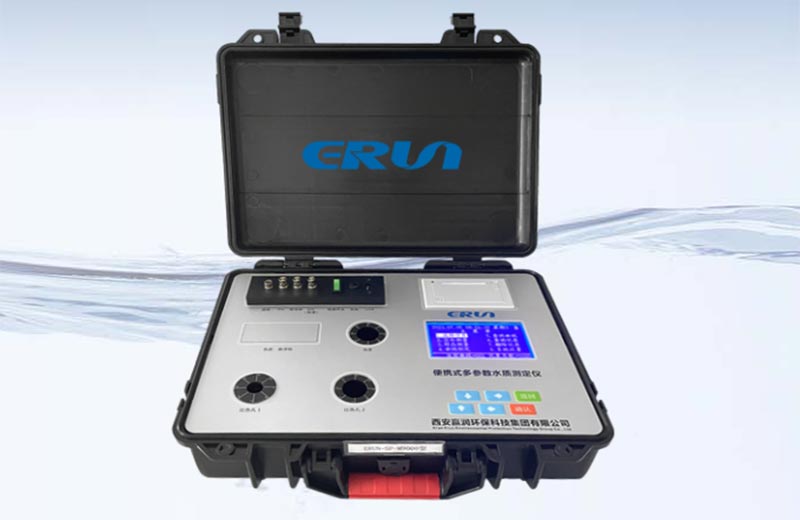Biomass boilers produce a large amount of ash and exhaust gas during combustion, which have a direct impact on boiler water quality.High hardness, high alkalinity, high chlorine content and dissolved oxygen content of water quality is too high, not only will lead to boiler internal scaling, corrosion, but also affect the quality of steam and hot water, and even cause boiler tube burst and other serious accidents.Therefore, regular testing of biomass boiler water quality, timely detection and treatment of water quality problems is necessary to ensure the normal operation of the boiler.

1. Hardness
Definition: Water hardness is an important indicator of the amount of calcium and magnesium ions in water.
Standard limit: The hardness of boiler water should be controlled below 100mg/L. For biomass boilers, since the ash produced by combustion contains some alkali metal components, it is recommended to control the hardness in a lower range, such as between 30-60mg/L.
2. Alkalinity
DEFINITION: Water alkalinity is the total amount of alkaline material in water.
Standard limit: Generally, the alkalinity of boiler water is required to be below 200mg/L. However, for biomass boilers, due to their combustion characteristics, it is recommended that the alkalinity be controlled within a reasonable range, and excessive alkalinity will lead to increased boiler corrosion.
3. pH
Definition: reflecting the acidity or alkalinity of water
Standard Limit: Most boilers should be pH controlled between 7 and 12. For biomass boilers, it is recommended that the pH be controlled between 8.5 and 9.5 because of the high pH that may result from post-combustion ash.
4. Dissolved oxygen
Definition: The amount of oxygen dissolved in water.
Standard Limit: Dissolved oxygen is one of the hazardous substances in boiler water and accelerates the corrosion of boiler metals. The standard limit is usually below 0.02mg/L, and there are also standards that specify below 0.1mg/L.
5. Total Dissolved Solids (TDS)
Definition: the total amount of solids dissolved in water.
Standard Limit: The TDS content of biomass boiler water should be controlled within the range of 700-3500mg/L to ensure that the water quality does not adversely affect the boiler.
6. Chlorine content
Definition: The amount of chloride ions in water.
Standard Limit: Chlorine can cause corrosion of boiler equipment, and the general requirement is that the chlorine content in the water be less than 10mg/L.
7. Other indicators
Includes silicates, turbidity, conductivity, oil and grease. For example, silicate content should be controlled below 80mg/L, turbidity should be detected using a turbidimeter, conductivity is detected using a conductivity meter, and so on.

Portable multi-parameter boiler water quality monitor ERUN-SP7-11 produced by Erun Environmental Protection,Widely used in biomass gas boilers, stationary steam boilers, steam and water boilers and hot water boiler feed water, pot water, steam return water and make-up water quality determination.
Biomass boiler water quality testing is a key part of ensuring the safe, economic and efficient operation of the boiler.Through regular testing of water quality, timely detection and treatment of water quality problems can effectively prevent the occurrence of boiler scaling, corrosion and other failures, extend the service life of the boiler, and improve operational efficiency.Therefore, each biomass boiler using units should attach great importance to water quality testing, strictly in accordance with national standards for testing and management, to ensure that the boiler water quality meets the standard requirements.